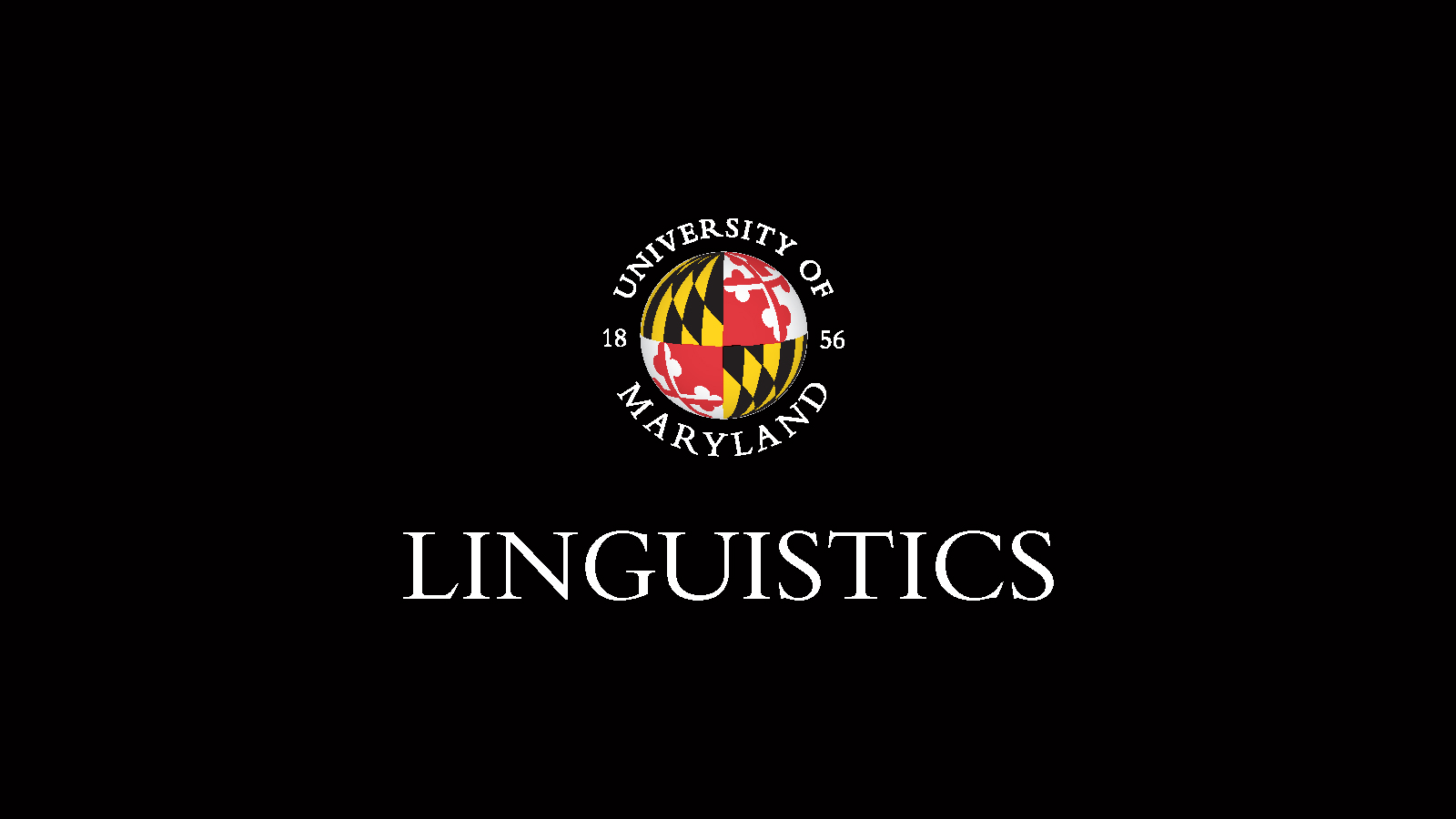Ewan Dunbar - Modelling early language acquisition from raw speech data

Ewan Dunbar - Modelling early language acquisition from raw speech data
Abstract: The problem of language acquisition is key to the way questions are posed and answered in linguistics and in the cognitive sciences of language more broadly. And we now know quite a lot about the earliest stages of language acquisition, which, quite reasonably, show infants tuning into the signal, learning the sound inventory of the language and developing an early lexicon between six and twelve months. What can recent advances in machine learning bring to the table? I will discuss how we have been able to take advantage of an interest from industry in applied problems in speech, and channel the forces of modern machine learning towards cognitively interesting problems in early language acquisition. I will cover the small number of initial results that seem to come out of this line of research, which suggest that abstract phonet/emic categories are both critically important and somewhat overrated, depending on what facts need to be explained.
Bio: Ewan Dunbar is Assistant Professor of Computational Linguistics in the Department of French at the University of Toronto. He specializes in computational linguistics and aims to build and understand computer systems that can learn and use human language. His work focuses on speech perception, automatic speech recognition, text-to-speech synthesis, as well as understanding and explaining commonalities between human languages and the sounds they use. Ewan graduated from the University of Maryland in 2013, with a PhD in Linguistics and a dissertation advised by Bill Idsardi on Statistical Knowledge and Learning in Phonology. After graduating, he spent four years as a postdoctoral researcher at the École Normale Supérieure in Paris, and three years as faculty at the Université Paris Diderot, Paris VII, now Université de Paris, before returning to Toronto, his undergraduate alma mater.

